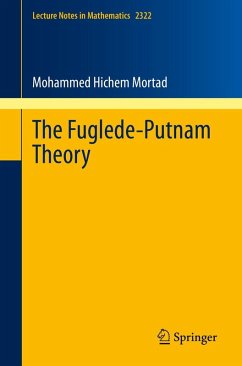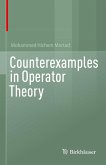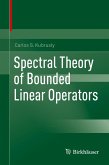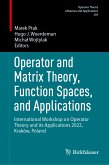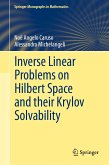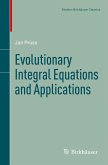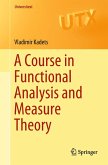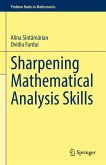This book is essentially a survey of results on the Fuglede-Putnam theorem and its generalizations in a wide variety of directions. Presenting a broad overview of the results obtained in the field since the early 1950s, this is the first monograph to be dedicated to this powerful tool and its variants.
Starting from historical notes and classical versions with their different proofs, the book then explores asymptotic versions, generalizations to non-normal operators, generalizations to unbounded operators, counterexamples, applications, intertwining relations, and conjectures. A rich collection of applications is included.
Aimed at postgraduate students as well as researchers interested in operator theory, this book could also be taught as a specialized course.
Dieser Download kann aus rechtlichen Gründen nur mit Rechnungsadresse in A, B, BG, CY, CZ, D, DK, EW, E, FIN, F, GR, HR, H, IRL, I, LT, L, LR, M, NL, PL, P, R, S, SLO, SK ausgeliefert werden.

